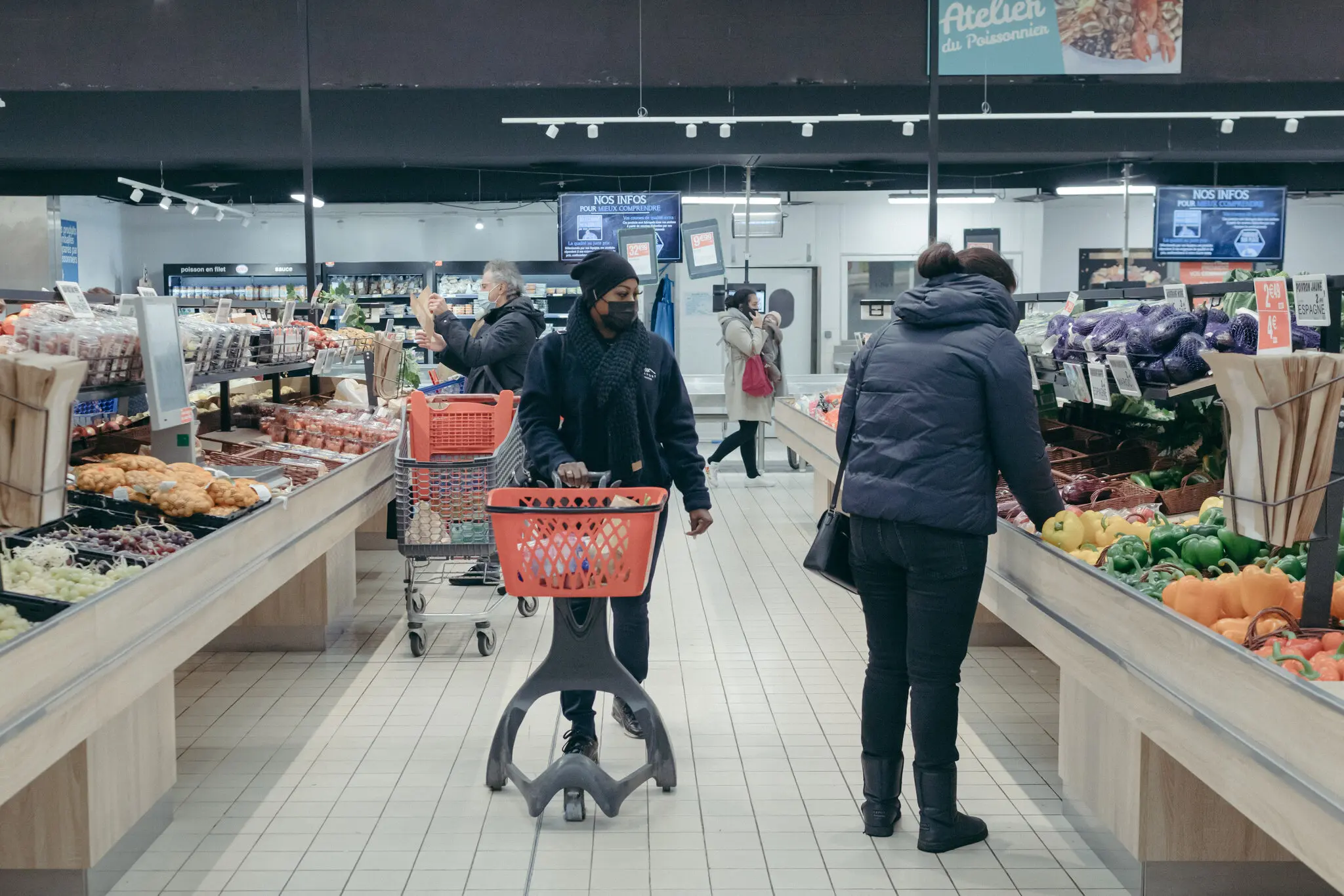Rising Prices Grip EU As War in Ukraine Carries On
The economies of Europe seem to be caught between a rock and a hard place - that is, between record-high inflation and a potential recession. As of late, the countries of Western Europe and the EU have - both individually and as a bloc - struggled to coordinate and deploy an effective response as they face a persistent pandemic, continued supply-chain headaches, rising inflation, and a war in Ukraine.
At the moment, the inflation rate in the Eurozone stands at around 7.5 percent to 8 percent, overall, with energy prices soaring nearly 45 percent last month compared to a year earlier.
While pre-existing trends have contributed to this reality, Russian President Vladimir Putin’s invasion of Ukraine has not only driven up global food and energy prices, but strong-armed European economies, particularly Germany, to reevaluate their extensive consumption of Russian gas, coal and oil.
In response, the European Central Bank (ECB) has assumed a passive strategy, fearing that aggressive anti-inflationary measures could backfire if consumer demand falls or, say, the EU decides to embargo Russian energy exports as the war in Ukraine intensifies. In the latter case, many predict that if such an action were taken, Germany - the continent’s largest economy - would fall into recession.
Regardless, the ECB has continued to cut back on its efforts to stimulate the Eurozone, reducing its asset purchases of government bonds - a tactic which it plans to finish by the end of the year. Despite this, the ECB has so far refrained from raising interest rates.
Clarifying the bank’s position, ECB President Christine Lagarde announced at a press conference, “While risks relating to the pandemic have declined, the war may have an even stronger effect on economic sentiment and could further worsen supply-side constraints,” adding that “persistently high energy costs, together with a loss of confidence, could drag down demand and restrain consumption and investment more than expected.”
While inflation and snags in the supply-chain have been felt throughout the European Union, the severity has varied with each nation. Thus, each nation may respond differently to the economic trends within the Eurozone, a fact that could disjoint the EU’s recovery process.
In nations like Spain and Netherlands, inflation has reached upwards of 9.8 percent and 11.9 percent, respectively, surpassing the bloc’s average.
On the other hand, inflation in France hit 4.5 percent last month; a significant price increase, but notably lower than that of their peers on the continent. Even so, the rising cost of living in France has become one of the central issues of the country’s presidential elections. As the second round of the election looms ahead, far-right candidate Marine Le Pen’s economic proposals have struck a chord with significant swathes of the French electorate at a critical moment - geopolitically and economically - for both France and the EU.
Overall, the current scenario facing the economies of Europe and the Eurozone seems to many like a perfect storm: a receding, yet persistent, global pandemic and the invasion of Ukraine have led to precipitous price-increases across the continent. At the same time, fears of recession in the medium- to long-term will force officials to walk a fiscal tightrope for the foreseeable future.


